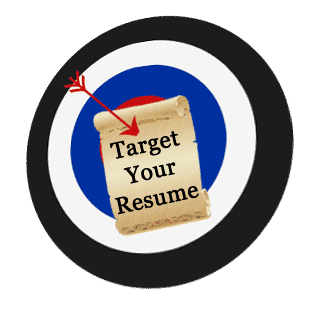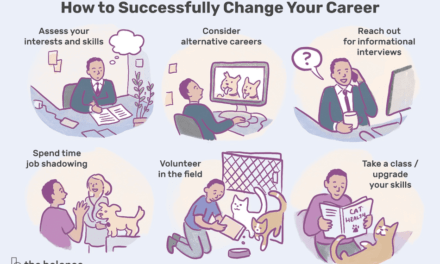When you target, you’re more likely to hit the bull’s eye and get what you want. To focus, analyze what you’re good at and what working environment is most compatible with your needs:
? large, medium, small
? formal, informal
? high-rise or industrial setting
? indoors, outdoors
? hours of work, overtime, shifts
? travel
? style of supervision you best respond to
? high-pressure, tight timelines and variety, or structure, routine, slower pace and stability.
Note: Targeting can be a difficult step. If you are not sure what type of job you want or your job target, spend some time doing the exercises on the “What You Are Looking For” blog page or visit a Career Development Centre counsellor.
Now start collecting data about companies/ organizations that belong to your target market. You’ll likely need to make the adjustments in your cover letter, not your resume, if you feel marketable in two or three different occupations.
For example, John Doe may want to target jobs as:
- A firefighter
- A telecommunications technologist
- A foreman (of telephone installers)
In each case, he’ll want to emphasize different skills.
As a firefighter:
? physical strength and agility
? knowledge and understanding of the role
? team-player skills
? attraction to adventure/adaptability
? sports and athletic involvement
? commitment to helping others
? volunteer firefighter experience
? background in naval cadets
As a telecommunications technologist:
? telecommunications technical skills and competencies
? Telecommunications Technologist Diploma
? individual employment-related project assignments
? interpersonal skills
? problem-solving skills
As a foreman:
? leadership skills
? ability to motivate
? ability to delegate
? ability to hire, train, coach
? ability to give constructive feedback
? ability to listen, organize, plan, make decisions
? telecommunications technical expertise
? supervisory or management training
? leadership roles in volunteer, sports and community activities
Myth: If you have an extensive resume, and you’re willing to take any job, that’s the best approach to getting employment.
Reality: Your resume and overall strategy are the targets of a particular kind of work within a particular type of organization. Employers are quick to differentiate between the person who is looking for just a job and the one who is genuinely interested in a particular job or company.
In each case, John Doe must anticipate what the reader needs to know to assess his suitability for the job. When you respond to a career ad, search the content for clues as to what the employer is looking for in the ideal candidate. From your skill inventory compare employer (buyer) needs to your (product) features. It all comes down to marketing yourself with “cost” to the buyer (employer) and “benefit” of the product (you). Keep every ad you respond to in your manual for future reference.
© Wordscapes® (David Turner). All Rights Reserved.




